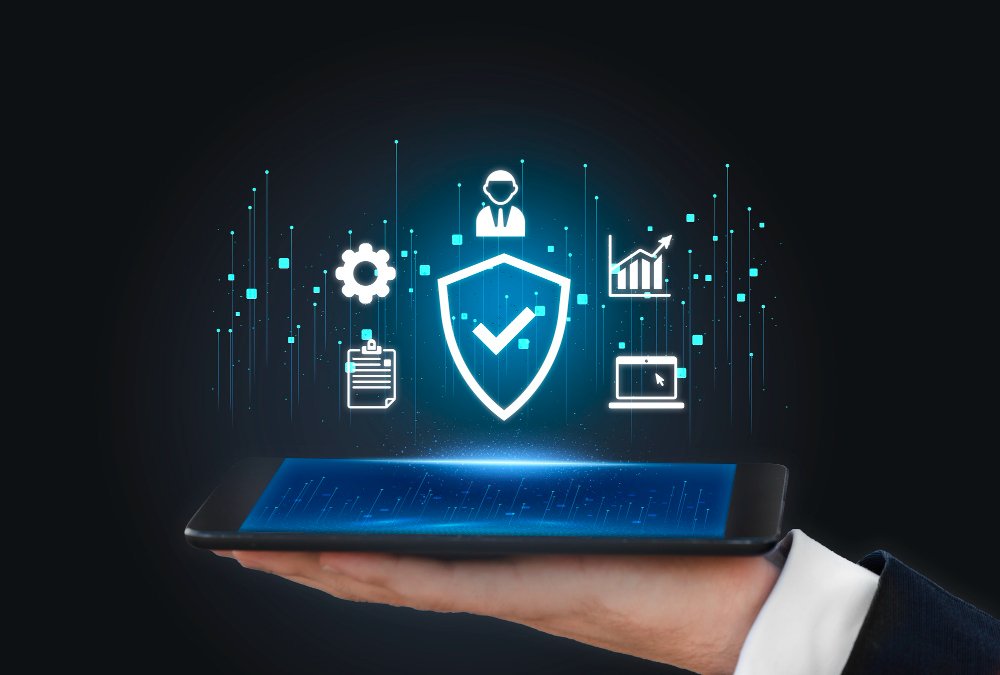Application security is a critical aspect of software development. It should never be ignored. Making sure your applications are secure is really important to keep sensitive information safe. It’s also vital for maintaining trust with users and stopping potential cyber threats.
In this article, we’ll take a closer look at why application security matters. We’ll also dig into how a security breach could have a big impact.
You’ll get to explore seven best practices that help ensure strong application security during software development. These steps help keep your software safe and protect both your users and your data.
Significance of application security in software development
Application security is the shield that safeguards your software from cyber threats and unauthorised access. It involves using measures to identify, mitigate and prevent threats. These problems can be taken advantage of by harmful people.
When you make application security important, you keep your users' information safe. It also helps keep your organization's good image. So, having strong application security is needed for your organisation to do well.
Impact of application security breach
The result of an application security breach can be tragic. User's data might get out, money can be lost and your reputation can be hurt. Just one problem can cost a lot of money and make users not trust your app anymore. Following are the various impacts of application security breach:
-
Data of users could be exposed without permission
-
Money may be lost
-
Legal problems might arise, leading to trouble
-
The image of the brand could be harmed
-
Users may lose confidence in the application
7 Practices to ensure application security in software development
Following are the various practices to ensure security in software development:
1. Thorough code review and testing
Start by looking closely at the code and testing it really well. Find weak points and fix them. Do this before the threats can get into the final product. You can do this by checking the code through regular static and dynamic code analysis.
2. Implement secure authentication and authorisation
Ensure that user authentication and authorisation mechanisms are secure. Use extra steps to confirm user identity. Give users the minimum power they need to do their tasks. This helps make any security problems not as bad if they happen.
3. Regular updates and patch management
Stay updated by keeping your application and its dependencies up to date. Apply security patches promptly to address known vulnerabilities. Failing to update could leave your application exposed to cyber threats.
4. Data encryption
Utilise strong encryption algorithms to protect sensitive data. Encryption saves data both at rest and in transit. Encryption ensures that a cybercriminal cannot use the data even if they get access. It remains unusable without the appropriate decryption key.
5. Input validation and sanitisation
Validate and sanitise all user inputs to prevent malicious code injections. This practice helps to prevent common attacks. These attacks include cross-site scripting (XSS). This ensures that user-generated content cannot compromise the integrity of your application.
6. Cybersecurity course for development teams
Equip your development teams with the knowledge and skills to build secure applications. Encourage them to undergo a cybersecurity course to stay updated on the latest threats. Learnings also include understanding best security practices. These courses empower professionals across industries and enhance their application security expertise.
7. Regular security audits and penetration testing
Conduct regular security audits and penetration testing to identify potential weaknesses. Address the findings promptly. Also, continuously improve your application's security in the software.
Final thoughts
In our connected world, you can't ignore application security. If it's not taken care of, there can be serious problems. This affects both your users and your organisation. But if you follow the best practices we talked about, you can protect your apps from online dangers. This also helps you build a reputation for making safe and trustworthy software.
You should look to improve your application security knowledge. One way to do so is by exploring cybersecurity courses. Imarticus Learning is a leading online professional learning platform. We provide top-tier courses from esteemed universities and institutions. Our expertise extends across diverse industries. These sectors range from banking and finance to digital technology and marketing. With our premium courses, you can gain various new skills and insights. These will help you excel in the rapidly changing field of application security.
Prioritising application security is not only a responsibility but also a strategic advantage. You should follow the best practices and pursue cybersecurity courses. These can help you become an application security expert. Your commitment to secure software development will protect your users. It will, thus, increase your organisation's reputation and success.










